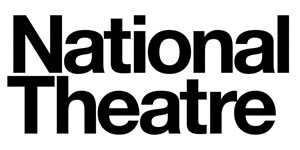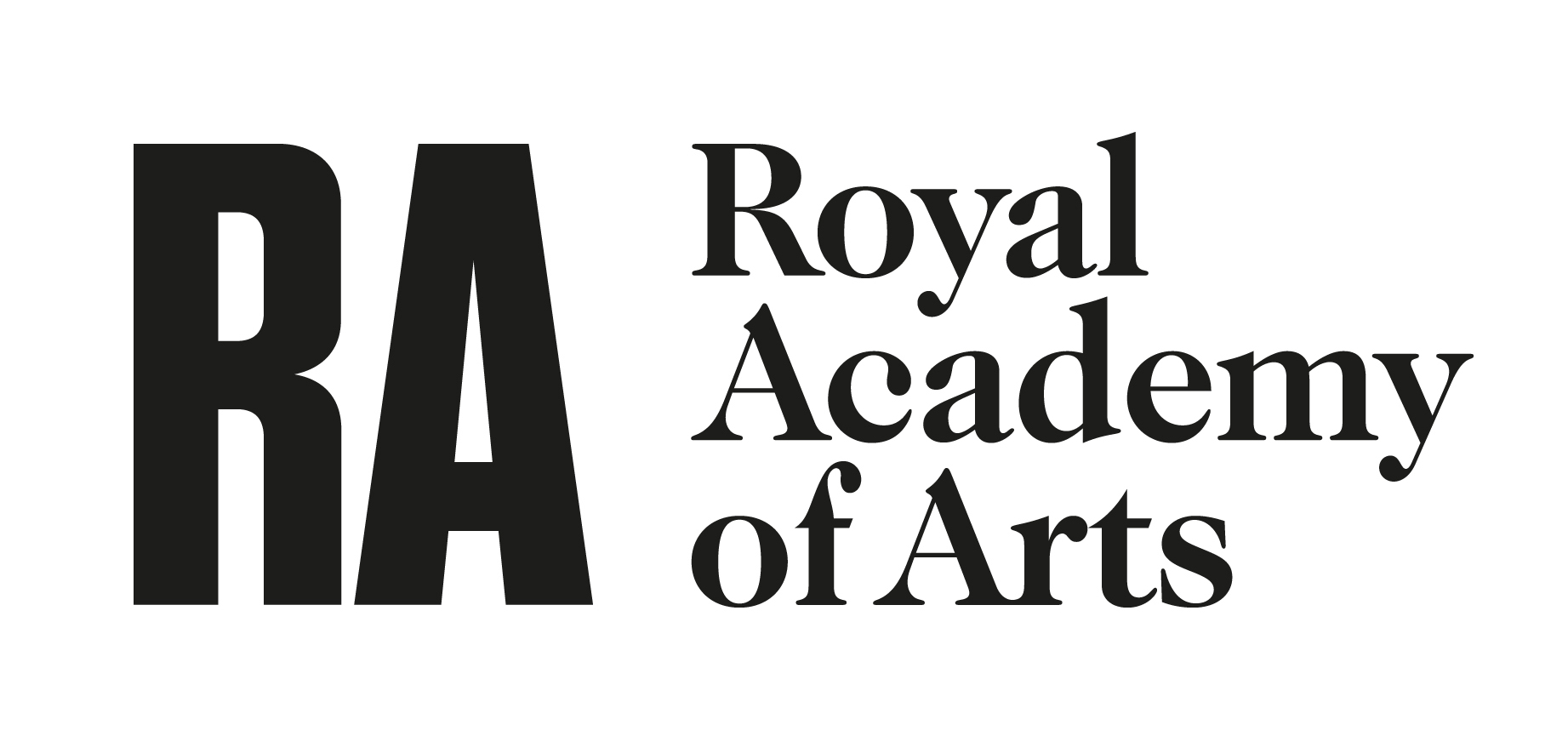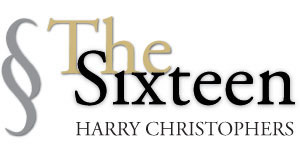In conversation with Debbie Hannan, Genesis Future Directors Award winner 2018
23 August 2018
We caught up with 2018 Genesis Future Directors Award winner Debbie Hannan, making her directorial debut at the Young Vic with Things of Dry Hours, written by American playwright Naomi Wallace.
What have you been up to since winning the Genesis Future Directors Award?
I’ve been in Mexico City directing a beautiful play called Latir by Mexican writer, Barbara Colio. It’s about an elderly couple, and their life together, which culminates in one last, somewhat criminal, adventure. It’s a collaboration between the Compañia Nacional de Teatro and the Royal Court Theatre, and it was a thrill to direct it.
I’ve also been working on a new dark comedy by Sarah Kosar called Human Suitabout the hilarity and horror of living in a female body. I’ve been casting another play, Cuckoo by Lisa Carrol – a joy-ride with some vibrant teenagers through a suburb of Dublin – which will be on at Soho Theatre in November.
I put on a dance-theatre show with my company, Bang Bang Bang Group, which I wrote and directed, called SHAME: A Double Bill. It looked at the contemporary phenomenon of online shaming, and paralleled it with medieval shamings of old. I also went to India to research a play and drove through the mountains to Dharamshala to visit Tibetan temples.
I had a residency in the Tron Theatre in Glasgow making a new musical with composer/director Andy McGregor, The Suffrajets, which looks at the most radical of the Scottish suffragettes resurfacing in 1928 to truly get all women the vote.
And I of course, prepared for Things of Dry Hours. I found a creative team – really brilliant women are leading each department, including Designer Lily Arnold, Sound Designer Alex Faye Braithwaite and Lighting Designer Prema Mehta. I broke down the play in detail, understanding its structure, its gesture and reacting to its creative potential. I’ve read Toni Morrison, bell hooks, Studs Terkel and historian Robin D G Kelley, watched videos of 1930s laundry women, and listened to American communist songs. I talked and planned the production into existence.
Have you started rehearsal? How is it going?
We are in the middle of the run now and still learning about the play – refining choices, trying new things, testing ideas. It is a sophisticated and dense play, and the process has involved deep diving into the text and excavating the complex power plays between the characters. I’ve been in touch regularly with the writer, Naomi Wallace, to have her insight. I chose Things of Dry Hours as a big challenge to myself – to take on a substantial play with huge acting challenges and a complex intersection of themes – and the Genesis award has allowed me to test my directing process, wrestle with thorny themes, experiment and stretch my craft.
Do you think there are enough mentoring opportunities for young directors in the UK? What needs to change in the industry?
I think there is a fairly good spread of mentoring opportunities, but there are a few areas where more attention is needed. Firstly, over 25s – if you are from a less privileged background, it takes you longer to get up the ladder, and whilst I understand that often funding is based on supporting young people, I think the industry suffers from an over-focus on youth. More support of those who come to directing later in life, for whatever reason, would result in a greater range of voices on stage. Secondly, outside of London. I was lucky enough to start off my directing career in Glasgow, and still often work in Scotland, and I’m aware that the path to directing outside London is more fraught in early to mid-career. There is a greater risk in getting a young, potentially unknown, director to take on a production. But that means that without new makers being able to take the helm with some resources behind them, the theatre scene will stagnate. A commitment to new directors in the shape of something like the Genesis award creates a real legacy of change – directing a production, even more than mentoring, has huge, long-lasting value.
I strongly support schemes that name their desire to increase the variety of types of humans who work in theatre – we’re a long way off just leaving this to chance. Chance tends to mean the same old types of folk get it.
There is a lot that needs to change in the industry – one of my top picks would be our understanding and acknowledgment of class, in audiences, makers and the work itself. However, I would say the biggest change comes from shifts in leadership. When a new person takes over a building, perhaps someone who doesn’t’ usually have that role, you can see the ripple effects throughout the industry, as people realise that could be them, that they could now get cast/work there, that their story might be the kind that gets programmed. Forward-moving change, a vibrant curiosity towards all people, weirdos and brilliant minds in charge, and a disrespect for old ways of doing things will keep the industry burning bright.
What is Things of Dry Hoursabout and why should people see it?
It’s about a black family in 1930s Alabama – a woman who washes the sheets of rich white folk, and her father, Tice, who both preaches at Sunday school and leads the local Communist party – who answer the door to a white man who’s on the run from the law. He threatens to expose them as “dirty reds” if they don’t take him in. The play takes place in one room in their cabin over a week, as the white man hides out and Tice attempts to teach him what he knows.
It asks the question of whether human nature can change – especially in a context that warps our natures into such violent and divided forms. It’s about the violence of power structures and economic systems, and how that turns into real, interpersonal violence. It’s about race, class and gender and what it means to hold ideals in a world that’s against them.
People should see it because it is a stark and brilliant play that shows an unspoken part of American history – the black radical communists of the South – and examines how the violence of that time is the foundation of where we are now. We are really only at the beginning of understanding power and identity, and this play dives further into these areas with nuance and boldness. It’s a play with a lot of humanity, and surprisingly, it’s very funny. Some days, you might even call it a comedy.
Did the current political landscape influence you to pick this play?
It did, though I think this is one of those plays that has many different elements that would resonate loudly whenever it was staged. I always ask myself why direct THIS play NOW? Theatre is a medium of the present, tangled up in present time and of the moment. Things of Dry Hours so deeply examined many present themes – the violence of whiteness, America, class, female sexuality, the ‘black radical imagination’ – but from the distance of the 30s, and in a language of both earth and poetry, so it seemed to clearly speak to the now. We are definitely gaining in language to talk about the politics of identity, but seeing all that complexity in characters, who vibrated off the page in their vitality and who have leapt out of time to meet us, was thrilling.
I am interested in the history of resistance – those who dream of better worlds. I love the way Things of Dry Hours gives space and artistry to the imagination of the working class – a rare thing on stage.
I also love plays that make me go “f**king hell, yes, I’d never seen it that way, I didn’t know that I already knew that deep inside, I didn’t know I needed that said to me”. Things of Dry Hours very much did that.
Things of Dry Hours by Naomi Wallace, directed by Debbie Hannan runs from 15-25 August at the Clare, Young Vic. Find out more here.
General tickets for Things of Dry Hours are sold out, but the Young Vic is operating a returns queue each night.
For more information on the Genesis Future Directors award, click here.






